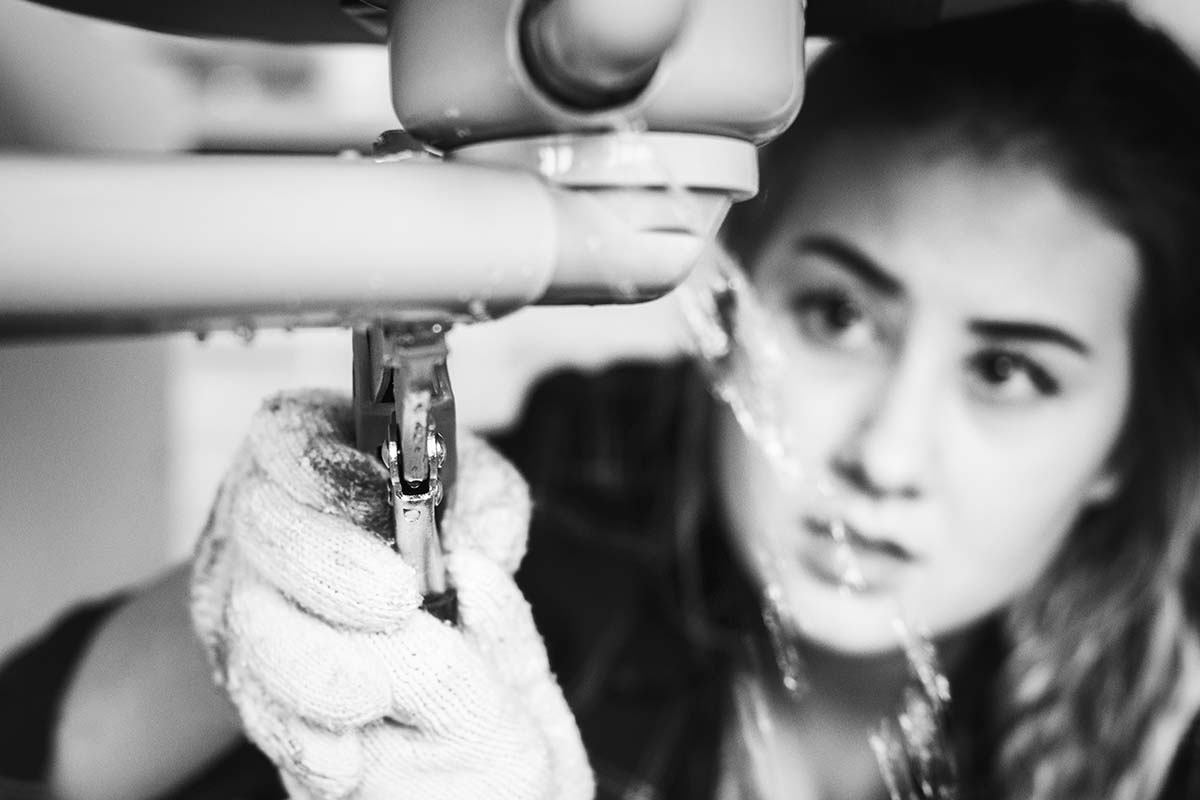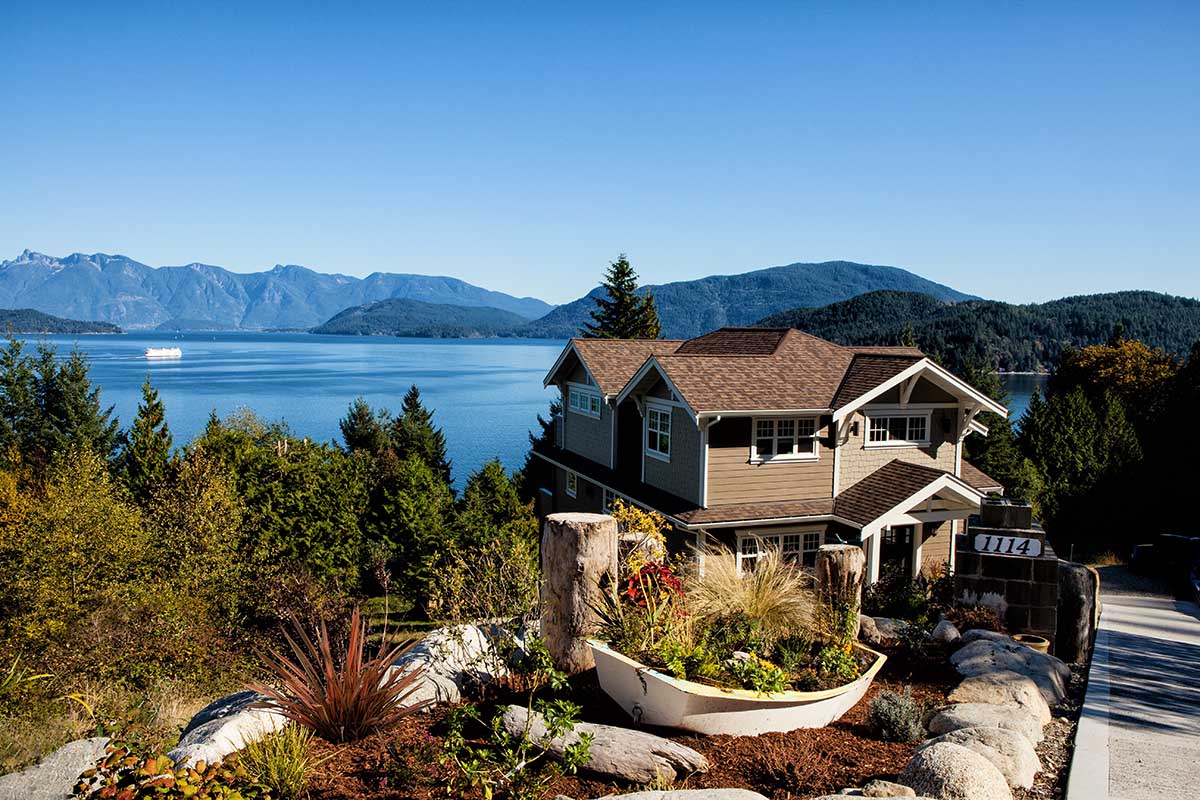The Essential Plumbing Checklist
KEY POINTS
- Regular Inspections and Repairs: Routinely check faucets, toilets, and showerheads for leaks, and repair or replace faulty fixtures promptly to prevent water damage and waste.
- Water Pressure and Drain Management: Monitor water pressure with a gauge to identify problems like clogged pipes and clear clogged drains using safe methods. Avoid harsh chemicals that can harm pipes.
- Professional Maintenance and Sump Pump Testing: Schedule regular plumbing inspections and test your sump pump before heavy rain to ensure effective drainage and avoid flooding.
Plumbing is an integral part of any home’s infrastructure, delivering clean water and disposing of waste efficiently.
While it’s easy to overlook, maintaining your plumbing system is essential to prevent costly repairs and ensure the health and safety of your household.
Whether you’re a new homeowner or a seasoned pro, having a plumbing checklist can help you stay on top of routine maintenance and catch potential issues before they escalate into emergencies.
Here’s what every homeowner should know:
Check for Leaks
Regularly inspect your plumbing fixtures, including faucets, toilets, and showerheads, for any signs of leaks. Even small leaks can waste a significant amount of water over time and lead to water damage if left unchecked. Repair or replace any leaking fixtures promptly to prevent further damage and conserve water.
Inspect for Water Pressure Issues
Low water pressure can indicate underlying problems with your plumbing system, such as clogged pipes or a malfunctioning pressure regulator. Test the water pressure in your home using a pressure gauge and address any issues promptly to ensure adequate water flow throughout your property.
Clear Clogged Drains
Clogged drains are a common problem that can lead to backups and unpleasant odors if not addressed promptly.
Use a plunger or drain snake to clear minor clogs, and avoid using harsh chemical drain cleaners, which can damage your pipes. For stubborn clogs or recurring issues, consider hiring a professional plumber to inspect and clean your drains properly.
Inspect and Maintain the Water Heater
Your water heater is crucial in providing hot water for bathing, cooking, and cleaning. Inspect your water heater regularly for signs of corrosion, leaks, or sediment buildup, and flush the tank annually to remove accumulated debris.
Consider scheduling professional maintenance service every few years to ensure optimal performance and extend the lifespan of your water heater.
Test Sump Pump
If your home has a sump pump, test it regularly to ensure it’s functioning correctly, especially before the rainy season or during periods of heavy rainfall.
Pour water into the sump pit to trigger the pump and verify that it activates and pumps water away from your home effectively. Replace the battery backup if necessary, and consider installing a water alarm for added peace of mind.
Inspect Exterior Plumbing
Don’t forget to inspect the exterior plumbing components of your home, including outdoor faucets, sprinkler systems, and sewer lines.
Check for leaks, cracks, or signs of damage, especially after the winter months when freezing temperatures can cause pipes to burst.
Repair or replace any damaged components to prevent water waste and potential water damage to your property.
Schedule Professional Inspections
While regular maintenance tasks can help keep your plumbing system in good condition, it’s essential to schedule professional inspections periodically.
A licensed plumber can identify potential issues that may not be apparent to the untrained eye and recommend necessary repairs or upgrades to improve the efficiency and reliability of your plumbing system.
By following this essential plumbing checklist, you can help maintain the integrity of your plumbing system and avoid costly repairs down the line.
Whether it’s fixing leaks, clearing clogged drains, or scheduling professional inspections, investing time and effort into routine maintenance can pay off in the long run by ensuring the longevity and performance of your home’s plumbing infrastructure.



















